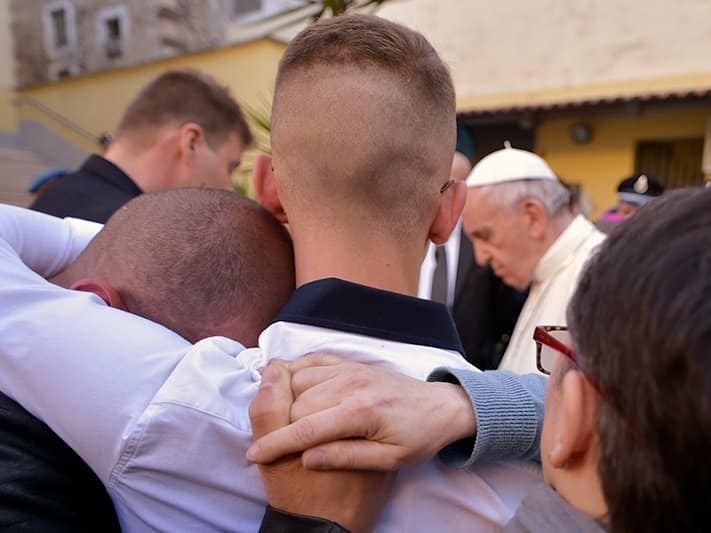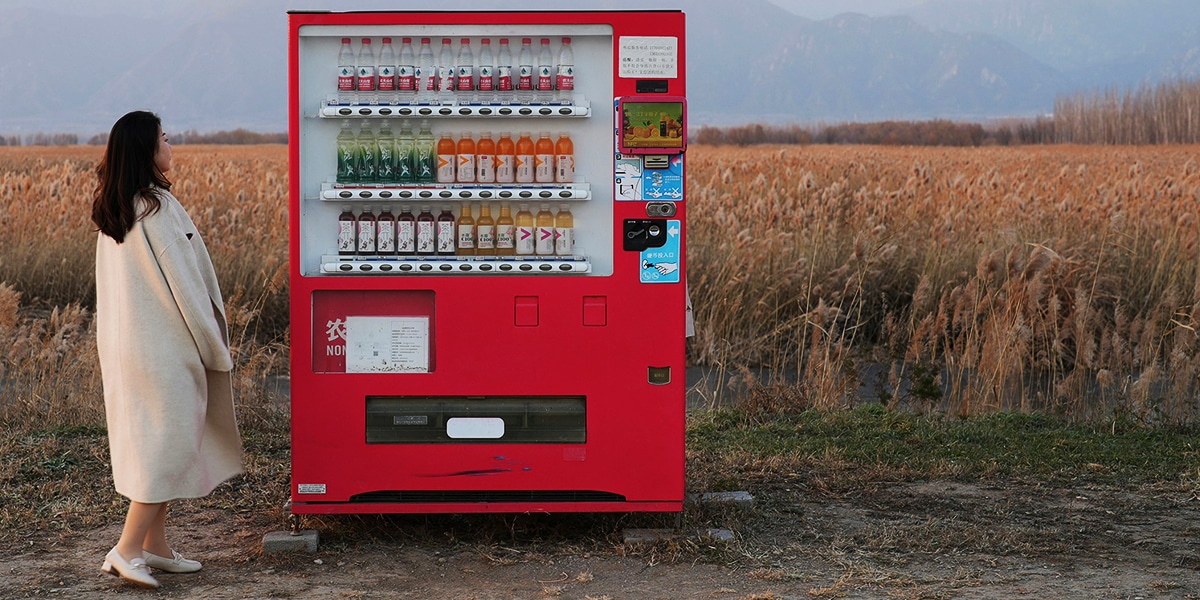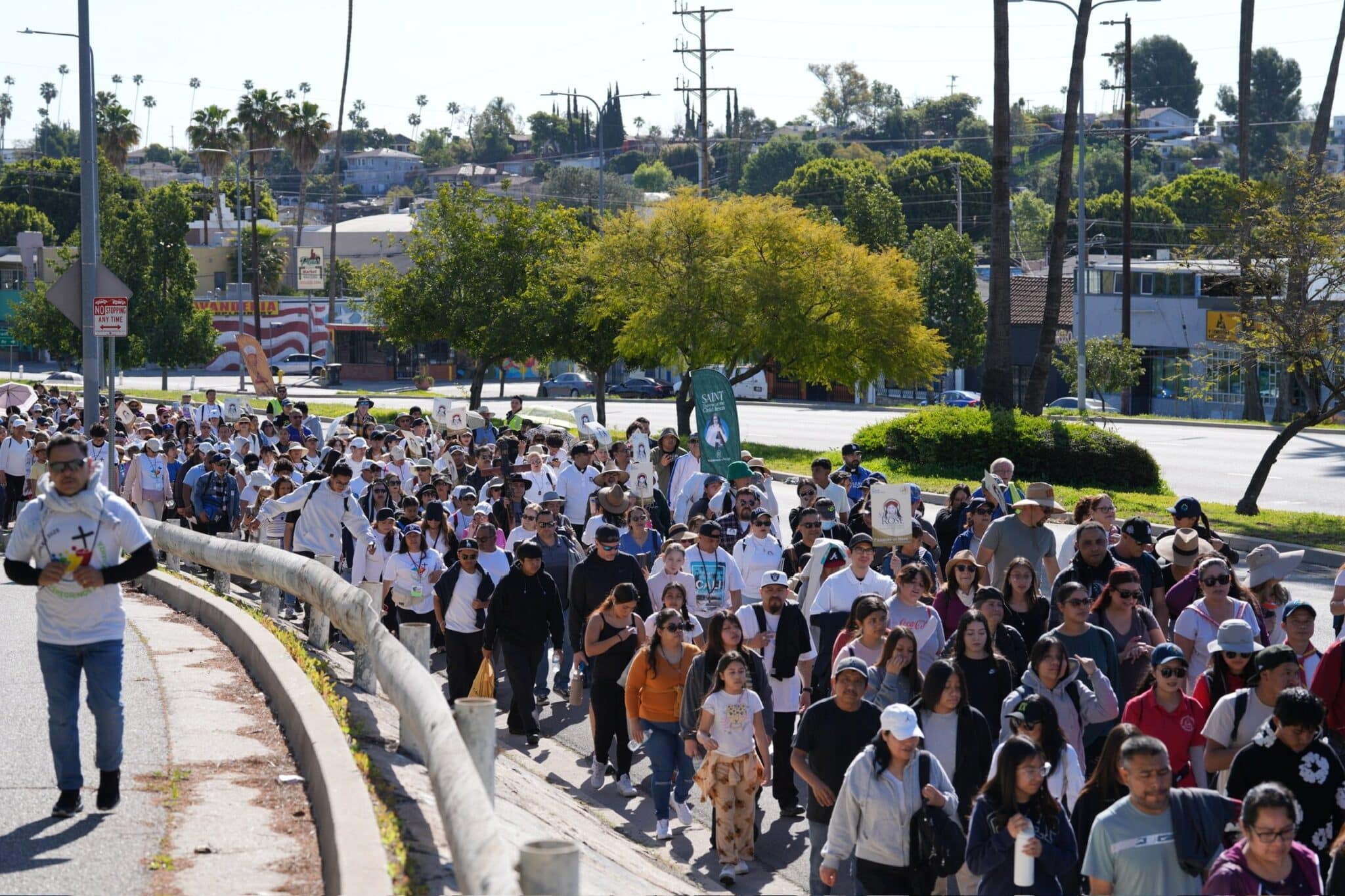I understand that if I pray for someone, that action affects me and how I deal with that person and perhaps others. All our lives, Catholics are geared to praying for others, but what we do after that praying is also crucial. Pope Francis usually ends a homily or talk with a request that his listeners pray for him. What good does that do?
In 1 Thessalonians, the first New Testament letter to reach the form in which we know it, St. Paul urged the Christians in Thessalonica to pray without ceasing (5:17). He prayed for them that their faith might continue to grow (2:13). The Letter of James urges Christians to pray for one another (5:14,16). Jude tells us to pray in the Holy Spirit (1:20), and 1 John recommends praying to God (5:16). According to Nelson’s Complete Concordance of the New American Bible, Jesus urges people to pray 22 times in the four Gospels. Related words are also frequently used there.
Not everything we might describe as prayer is, as Jesus reminds us, a prayer leading us closer to God and people created in the image and likeness of God. The prayer of the Pharisee in the temple (Lk 18:9â14) is more an audit of God’s records (are they complete?) than a genuine prayer, opening the Pharisee more widely to God’s grace and where it will lead. In effect, the Pharisee is stiff-arming God, trying to force God to reward the things of which the Pharisee is very proud and ignore the rest.
The tax collector in that same story has a much shorter but infinitely more honest prayer. We can only hope that the Pharisee eventually learned to pray with equal honesty. When St. Peter was in prison, Christians in Jerusalem prayed for him (Acts 12:5). Pope Francis ends most of his talks with a request for prayers. He imitates the tax collector’s honesty in prayer as we all should.








